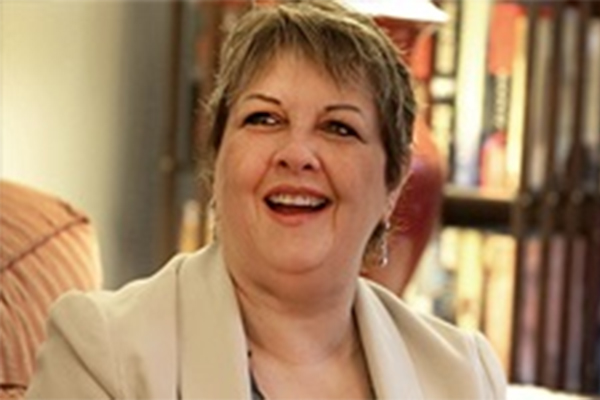
Suann suffered with migraines since she was a teenager - usually once a month or so - but found relief with medication. Then, a few years ago, she got one that just wouldn't go away. Ever. For seven straight months, every moment of every day and night she had excruciating pain. She had to take time off work, did little around the house and searched frantically for someone or something that could help her.
She turned to the people at the medical school where she worked for suggestions. They recommended Dr. James Charles, a neurologist who started the Headache Treatment Program at Holy Name Medical Center. It is the only one of its kind in New Jersey; an infusion program specifically designed to help patients with severe or persistent migraines.
"I can't tell you how great the entire infusion unit was," Suann said. "They were so professional, caring and considerate - I felt so comfortable there."
During treatment, patients get a cocktail of medications - put together based on their symptoms and medications previously taken - during a three to five hour session.
"Most infusion centers are set up solely for cancer patients because the volume of migraine patients is so low," Dr. Charles said. "But we specialize in treating migraines - knowing the correct medications, for adults and children, and have a success rate of over 90 percent."
Experts don't know why migraines occur but they do know how: Neurons in the brain release chemicals that produce inflammation, which causes blood vessels to dilate. This reaction sets off a flood of symptoms that may include severe pain, nausea, visual disturbances, and sensitivity to light, among others. Medications given during the infusion shut down the neurons' production, which halts the cycle.
Suann is one of the few patients who needed more than one infusion session - she needed three - and follow-up treatment with Botox injections every three months. Today she is pain free.
"I have my life back," Suann said. "Holy Name and Dr. Charles are just wonderful. They are so compassionate and I can't tell you how important compassion is to someone who is sick, especially when it's a sickness that doesn't show. It wasn't just the specific treatment that made me feel so much better - it was the whole experience."

